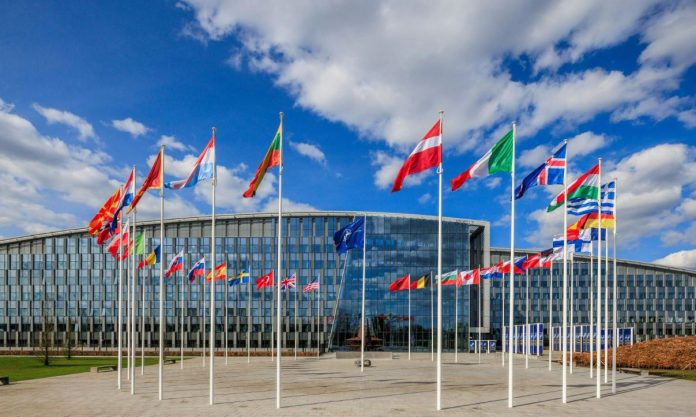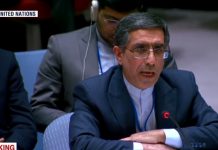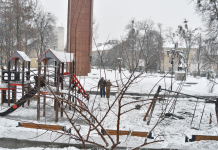WASHINGTON, July 11/Agenzia Nova/ – NATO is discussing the organization of a “stronger response” to Russia’s hybrid threats, including efforts by Moscow to “undermine security in Africa and the Middle East and play a destructive role globally,” stated Liam Wasley, director of the Office of European Security and Political Affairs in the Directorate for Europe and Eurasia at the US State Department, in an interview with “Agenzia Nova” during the NATO leaders’ summit in Washington. “Russia is using asymmetric tools not only in Ukraine and the Baltics but also in North Africa and the Sahel region, as part of the same strategy,” he explained. Wasley emphasized the ongoing dialogue within NATO to develop a “coherent response” to these threats, particularly concerning Russia’s increasing military presence in Africa.
The United States, Wasley explained, is operating on two fronts. “The first is to create a future that enables the reunification of all parties in Libya, and the second is to address the risks posed by Russia, which is progressively eroding civil authority and infiltrating the security forces,” he said. He added that NATO is always ready to collaborate with African democracies to provide the necessary tools for an adequate security environment. The United States, he continued, works closely with most North African countries and all those in the Mediterranean Dialogue: Egypt, Israel, Mauritania, Morocco, Tunisia, Jordan, and Algeria. “We are always open to forming new partnerships with other countries, but it requires the willingness of both parties: NATO is ready to collaborate with any country that finds it useful,” he noted, recalling that the US was involved in providing logistical support to several Sahel nations before the recent wave of coups and instability.
When asked about the appointment of a NATO special representative for the South, a topic strongly advocated by Italy, Wasley emphasised that NATO is committed to ensuring 360-degree security for all allies, and this initiative is part of that commitment. “The special representative will be crucial in mobilising current and future resources to address all security challenges from the South,” he said.
He added that in recent years, “we have witnessed a deterioration in the security environment, especially in the Sahel, leading to a heightened risk of terrorism, irregular migration flows, economic crises, and political instability.” These conditions are also impacting North Africa and the coastal nations of West Africa. “We have appropriate tools to tackle these challenges, many of which are located at the Joint Force Command (JFC) in Naples. However, in some cases, we will need to adjust our approach to better address the daily and practical needs of our African and Mediterranean partners in the field of security,” he concluded.






